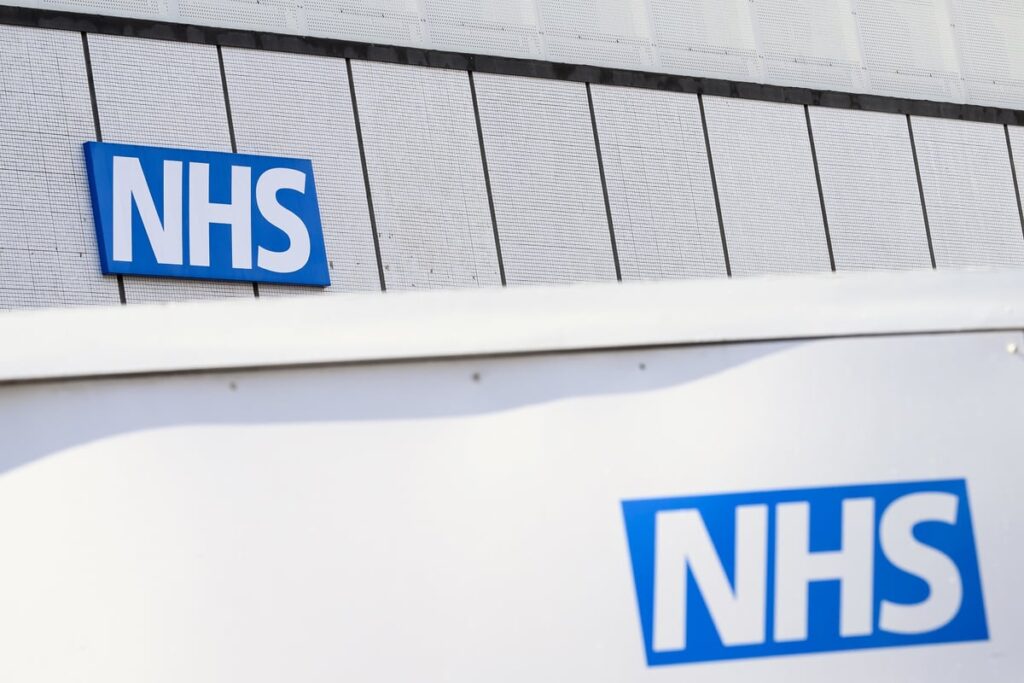The National Health Service (NHS) in England has faced significant challenges in recent years, from the pressures of the winter “quad-demic” to the ongoing impact of the Covid-19 pandemic. Amid these challenges, new data released by NHS England in April 2025 highlights a critical issue: nearly one in three cancer patients are experiencing delays in receiving their first treatment. This has sparked concern among healthcare professionals and patients alike, as timely treatment is crucial for effective cancer care.
According to the data, only 69.9% of cancer patients in England received their diagnosis and began their first treatment within the NHS’s target timeframe of two months (62 days) from an urgent GP referral. This falls short of the 85% target set by NHS England. In April 2025 alone, out of 27,347 patients treated for cancer following an urgent GP referral, 8,245 patients did not receive treatment within the recommended period.
Top Performing Hospital Trusts
Despite the overall challenges, some hospital trusts have managed to exceed expectations. An analysis by medical negligence experts at Patient Claim Line has identified the top-performing hospital trusts that are successfully meeting the two-month treatment target. Leading the list is the Liverpool Heart and Chest Hospital NHS Foundation Trust, which treated 96% of its cancer patients within the 62-day standard.
Moorfields Eye Hospital NHS Foundation Trust follows closely, with 92% of patients receiving timely treatment. InHealth Limited also performed well, treating 90% of patients within the set timeframe. These institutions stand out as models of efficiency and patient care within the NHS.
Understanding the Broader Context
The announcement comes as the NHS grapples with a backlog of cases exacerbated by the Covid-19 pandemic. The pandemic led to disruptions in routine medical services, including cancer screenings and treatments, resulting in longer waiting lists and delayed diagnoses. Experts warn that these delays could have significant implications for patient outcomes, as early treatment is often critical in cancer care.
Dr. Emily Carter, a leading oncologist, commented:
“Timeliness in cancer treatment is not just a matter of convenience; it can be a matter of life and death. The data underscores the importance of efficient healthcare delivery systems.”
Efforts to Improve Cancer Care
In response to these challenges, NHS England has been implementing strategies to improve cancer care delivery. This includes increasing funding for cancer services, enhancing diagnostic capabilities, and expanding workforce capacity. However, the path to recovery is complex, and experts emphasize the need for sustained efforts and innovative solutions.
Meanwhile, patient advocacy groups are calling for greater transparency and accountability in healthcare delivery. They argue that patients deserve timely access to treatment and that systemic issues must be addressed to prevent further delays.
Looking Ahead
The move represents a critical juncture for the NHS as it seeks to balance immediate patient needs with long-term systemic improvements. The success of hospital trusts like Liverpool Heart and Chest Hospital NHS Foundation Trust and Moorfields Eye Hospital NHS Foundation Trust offers a blueprint for others to follow.
As the NHS continues to navigate these challenges, the focus remains on improving patient outcomes and ensuring that all cancer patients receive the timely care they deserve. The coming months will be crucial in determining how effectively the NHS can adapt and respond to these ongoing challenges.
For more information on cancer waiting times and current guidelines, patients can visit Cancer Research UK.
About The Author
 Spain Commits to NATO Spending Target Amid Global Security Concerns
Spain Commits to NATO Spending Target Amid Global Security Concerns Netflix’s “Shark Whisperer” Dives Into Controversial Waters
Netflix’s “Shark Whisperer” Dives Into Controversial Waters Secur-Serv’s Strategic Acquisition of Arrowhead Technologies Boosts IT Services in Southwest
Secur-Serv’s Strategic Acquisition of Arrowhead Technologies Boosts IT Services in Southwest Televangelist Jimmy Swaggart Dies at 90 After Scandal-Ridden Career
Televangelist Jimmy Swaggart Dies at 90 After Scandal-Ridden Career Lululemon Files Lawsuit Against Costco Over Trademark Infringement
Lululemon Files Lawsuit Against Costco Over Trademark Infringement